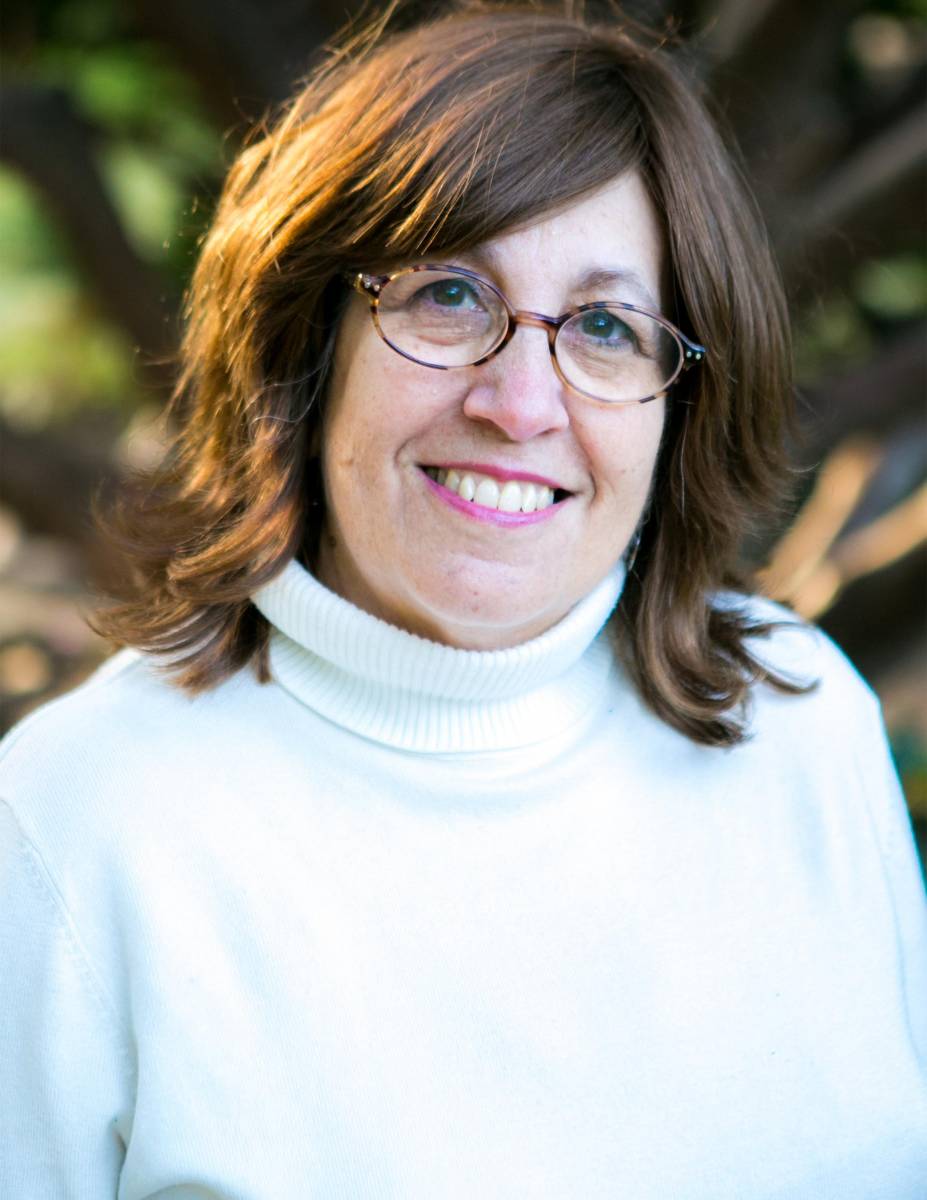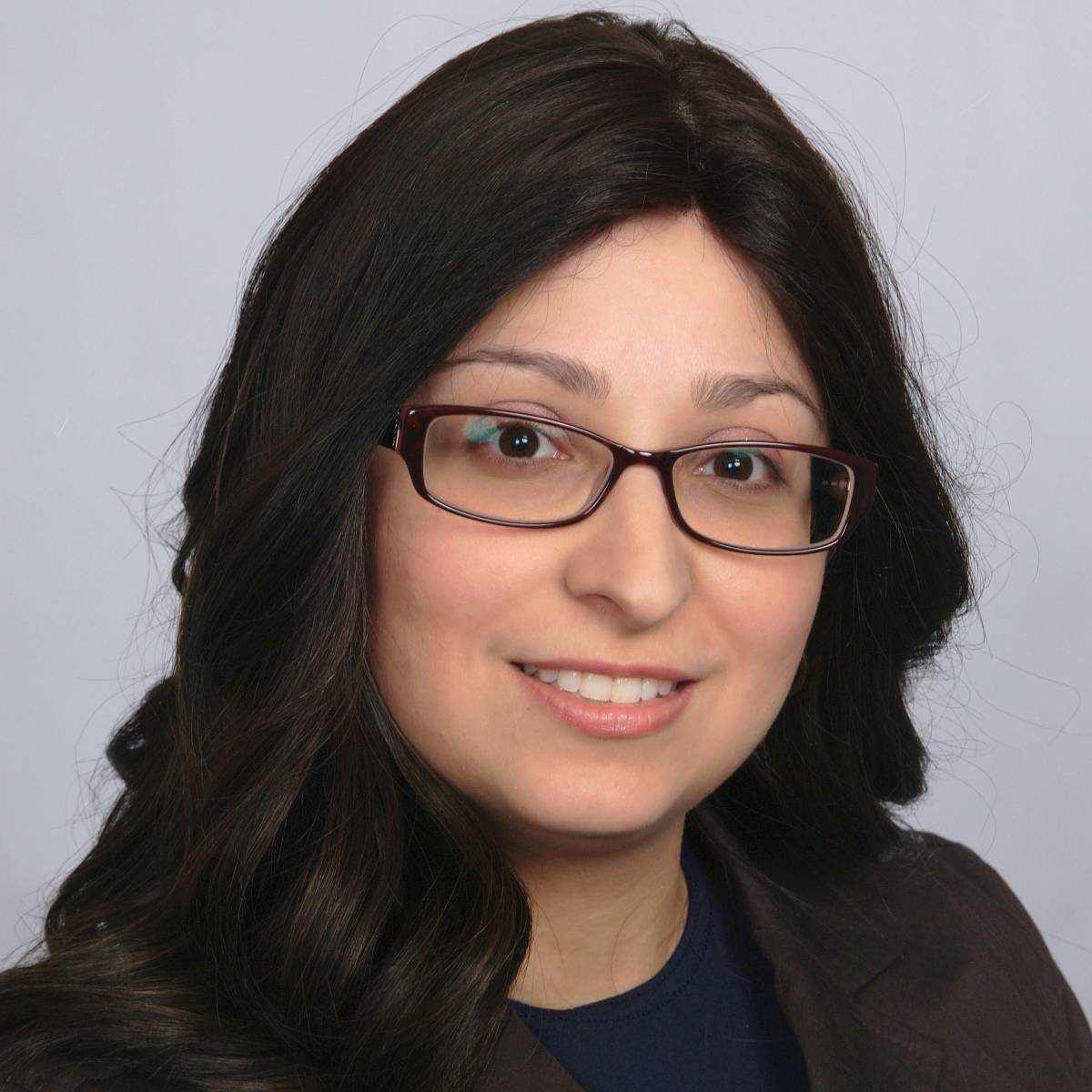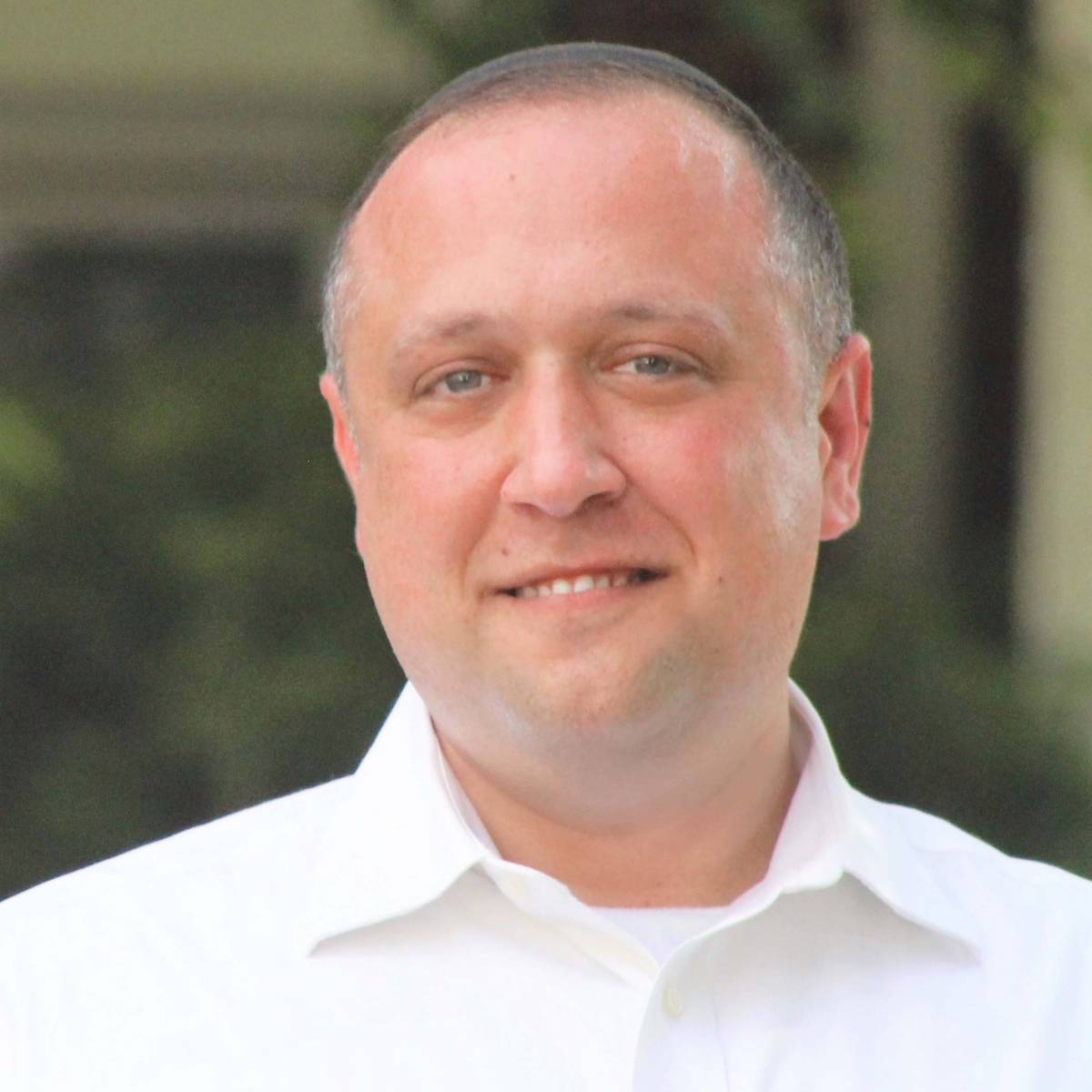By Dr. Rona Novick, Dr. Oshra Cohen and Dr. Bin Goldman
They calm frazzled nerves, prevent high risk behavior, teach mindfulness, connect with parents, support teachers’ efforts, help those in pain, build students’ social muscles, and so much more. School counselors hold a position with no clear job description, resulting in limitless responsibility and potential. What is clear is how much they contribute to the social-emotional programming in schools, and how in today’s strange world, this is more important than ever.
Last year, Prizmah, working with the Azrieli Graduate School of Jewish Education at Yeshiva University, recognized the need to provide professional development and support to a cadre of committed school counselors. In the first cohort, 17 school counselors met twice monthly for a combination of presentations from mental health and counseling experts and discussions of their own cases. The program was so successful it has been expanded this year, with 37 participating in two cohorts (19 elementary and 18 secondary school professionals). Reflecting on the learning with this impressive group of professionals, we can’t help but think of the words of Rabbi Hanina, “I have learned much from my teachers and even more from my friends, but from my students I have learned more than from all of them” (Taanit 7a).
One thing we consistently learned from the participating school counselors was how broad and amorphous their job was, how they served multiple constituencies and struggled to navigate somewhat fuzzy boundaries. Then COVID hit. They had to quickly adapt and adjust their therapeutic approaches to the online environment. They provided hours of support and care through crisis, trauma and some very painful losses.
Their responses to situations and discussion prompts during the yearlong program tell the story of their remarkable and varied service. Below, you will read their thoughts in their own words, shared straight from the heart, unedited. We have omitted their names, in most cases, to protect their work and the settings in which they serve.
Pre-COVID
When we began our work, the primary challenge reported by our guidance cohort were issues of setting work/life boundaries. Responsibility to multiple constituencies often created a sense of tension. Living and working in the same community often required a delicate balance of empathy and kindness on one hand and boundaries and limits on the other.
We work in our communities and our friends/neighbors are also the teachers/parents of who we work with—so careful, so hard at times; and how we make boundaries to help create a separation and safe place—who are we helping—how much can we influence? who is our "client"?
From drug testing and vaping to reporting abuse, our counselors shared policies, effective approaches and language. Finding ways to be consistent and fair, while also meeting the needs of each student where he or she is, is part of the struggle. Figuring out how to help our students, families and teachers, what support systems and education are needed, is key.
No system is perfect. What works with this one is that kids generally do not lie when admin says they need to be tested. And a number of kids have gotten some much-needed help.
A challenge is that most likely there are kids using (especially vaping, even on campus) who are never caught because we don’t randomly test or test everyone. Also, kids can easily use on campus but lie and say it was only off campus. Another challenge we’ve run into is that for kids who do come forward about a vaping addiction, there aren’t too many programs or resources out there for people under 18. Additionally, I have heard buzz about kids cheating on the urine tests for nicotine.
In planning to teach healthy relationships and prevent bullying, counselors shared resources and tips and asked for support in specific cases. They wondered what tools to give their faculty to model the kind of social-emotional health we seek to build in our students.
I want to build teachers up at the beginning so they can be more open to being receptive and empathetic.
Shutdown
The challenges of school counselors became more complex and demanding as schools moved to online learning. It was clear that psychological needs grew exponentially, but connecting to students, colleagues and parents virtually presented a new set of complications.
I’m working to get devices and Internet to some of our more challenged students/families; supplies, games, and school work; helping teachers address student behaviors in the virtual classrooms.
I went into every shiur this week and talked to the boys about the Tips to Staying Healthy. We're sending out an email to the whole school reminding them that our "offices" are still open .
For some, the shift to virtual school was difficult to bridge and required a reframing of their role:
I'm trying to remind people that I'm here if they want to talk, and also remind myself that they will ask when they are ready and I can only do my best to make sure they know I'm available.
Despite the distancing and separation, we remain part of a community. I want you to know that I am here for you! I would like to continue meeting weekly via zoom. I would love to hear from you!
Loss
For many school counselors, managing loss is in the job description. The extent and variety of losses that COVID-19 presented challenged everyone, and counselors used the support of their network to access resources and keep going. As they supported others, counselors had to manage their own emotional reactions, their own feelings of uncertainty and their own sense of loss.
We spent our weekly guidance time talking about the upcoming chag, processing the differences. This year compared to what was supposed to be. One boy never made Pesach at home, never had 2 sedarim, let alone a 3 day yontif. Validating that it's different was very helpful.
Today a student at our school lost a great-grandmother. Another student lost a great-grandmother, and a few hours later his great-grandfather (from a different side) also passed away. What a day. Hope to hear of no more losses.
A student in my school just lost his father to the virus. It was very sudden. The boys are on various emotional/cognitive levels. It was good to be prepared and to be able to reassure the staff that this (reaction) is NORMAL.
The desire to have knowledge of an ending date to help us feel some control is so strong, but we don't and we can't—at least not now. I hear from so many of you feeling so divided—helping students, parents, teachers, your own kids and trying to maintain that calm, secure presentation, and feeling inside so insecure and anxious. But if we really do stay in the moment and take one at a time, helping one person at a time, one task at a time, one day at a time, it's not quite as hard—at least that has been really helpful for me.
Reboot
As schools began their academic year in various in-person, on-line or hybrid formats, school counselors focused on how to support all constituencies, recognizing the challenge of transition. Recognizing the importance of supporting faculty, Malka Landman (counselor, Torah Day School of Atlanta) wrote to her teaching colleagues:
Your hard work, creativity and passion in connecting with your students and helping them learn material is seen and appreciated. Your understandable frustration in trying to maintain a sense of normalcy in a most unusual time and in perhaps not fulfilling the high standards you set for yourself is also sensed. The smiles, enjoyment and learning you are causing is in some ways moving mountains. Please know that you are making a difference, that you are causing growth and connection. Thank you for all you are doing in and out of school to help your students. Care for yourself. Please take the time to breathe/meditate, relax in some form and ensure that you are not depleted.
In addition to supporting parents and students, faculty support has now become an important component in the work counselors do.
I'm having a ton of one-on-one conversations with faculty members and office workers about their own anxieties, pressures and responsibilities.
We will host more teach cafe events and focus on their wellbeing. Hoping to take small nuggets from positive psychology and make short videos on self-care/teacher wellness.
I know that it's also been a hard two weeks with our masks and new protocols. It is exhausting. We need adult human contact with people who are going through a similar situation. I am starting weekly staff shmoozes. Working on reaching out to parents to make little videos and send letters to their teachers to support morale.
Looking for strategies to help students who have been isolated for months and enjoyed the quiet and alone time, now struggling to reacclimate to the social environment of school.
Conclusions
These counselors’ words tell the story of a year that challenged them to meet unprecedented needs. Behind the words, however, is evidence of their commitment to provide guidance and social-emotional support across their school communities, not only in times of crisis, but always.
A challenge brings with it both hardship but also opportunity. When asked to identify what opportunities this situation presents, Rabbi Dov Rosenbluth, director of guidance at YULA boys, suggested that school counselors’ heightened involvement can contribute to the removal of the stigma of seeking help, which can change the trajectory of mental health in our communities for the next generation. Another school counselor, drawing upon Dr. Rachel Naomi Remen’s anecdote of a patient who, having undergone major surgery, was able to take future procedures in stride, remarked,
I hope in a similar way this generation will be able to have more inner strength to handle future challenges, looking back at what they successfully endured. I hope that response will be the way teachers handle future challenges: "I taught during COVID, I can teach anyone anything."
School counselors have handled anything and everything this past year. They stand ready, willing, and—with the support of their knowledge, commitment and each other—infinitely able, to continue to serve our schools in myriad ways.
 Rona Novick, PhD is the Dean of the Azrieli Graduate School of Jewish Education and Administration and holds the Raine and Stanley Silverstein Chair in Professional Ethics and Values. In addition to her Yeshiva University appointment, Dr. Novick serves
Rona Novick, PhD is the Dean of the Azrieli Graduate School of Jewish Education and Administration and holds the Raine and Stanley Silverstein Chair in Professional Ethics and Values. In addition to her Yeshiva University appointment, Dr. Novick serves
as the Co-Educational Director of the Hidden Sparks program which provides consultation and professional development to day schools and Yeshivas. Dr. Novick She developed the Alliance for School Mental Health at North-Shore Long Island Jewish Medical Center and served as its director, where she authored the BRAVE bully prevention program for schools. Dr. Novick has extensive clinical and research expertise in behavior management and. She has delivered numerous presentations at national and international conferences, focusing on her research interests in. Along with many scholarly publications on child behavior therapy, bullying and trauma, special education, Jewish education, parenting and parent-school partnerships, child anxiety disorders, positive psychology and social emotional learning, she is the author of a book for parents: Helping Your Child Make Friends, and editor of the book series Kids Don’t Come With Instruction Manuals.
 Dr. Oshra Cohen earned her B.A in Psychology at McGill University and her M.A and Ph.D in Clinical Psychology, Health Emphasis from Ferkauf Graduate School of Psychology at Yeshiva University. She is the Director of Cognitive Behavioral Health Psychology, LLC, a private practice which specializes in Cognitive Behavioral Therapy. Additionally, she serves as the Faculty Support and Efficacy Consultant at Ma'ayanot Yeshiva High School for Girls in addition to being part of the guidance department.
Dr. Oshra Cohen earned her B.A in Psychology at McGill University and her M.A and Ph.D in Clinical Psychology, Health Emphasis from Ferkauf Graduate School of Psychology at Yeshiva University. She is the Director of Cognitive Behavioral Health Psychology, LLC, a private practice which specializes in Cognitive Behavioral Therapy. Additionally, she serves as the Faculty Support and Efficacy Consultant at Ma'ayanot Yeshiva High School for Girls in addition to being part of the guidance department.

Dr. Bin Goldman is the Director of Psychology and Guidance at the Rosenbaum Yeshiva of North Jersey and clinical facilitator of Prizmah's second guidance cohort. Dr. Goldman has taught psychology at Rutgers University and served as Visiting Scholar/Clinical Psychology Supervisor at Columbia University. He is in private practice in Teaneck, NJ and the Upper West Side of Manhattan.